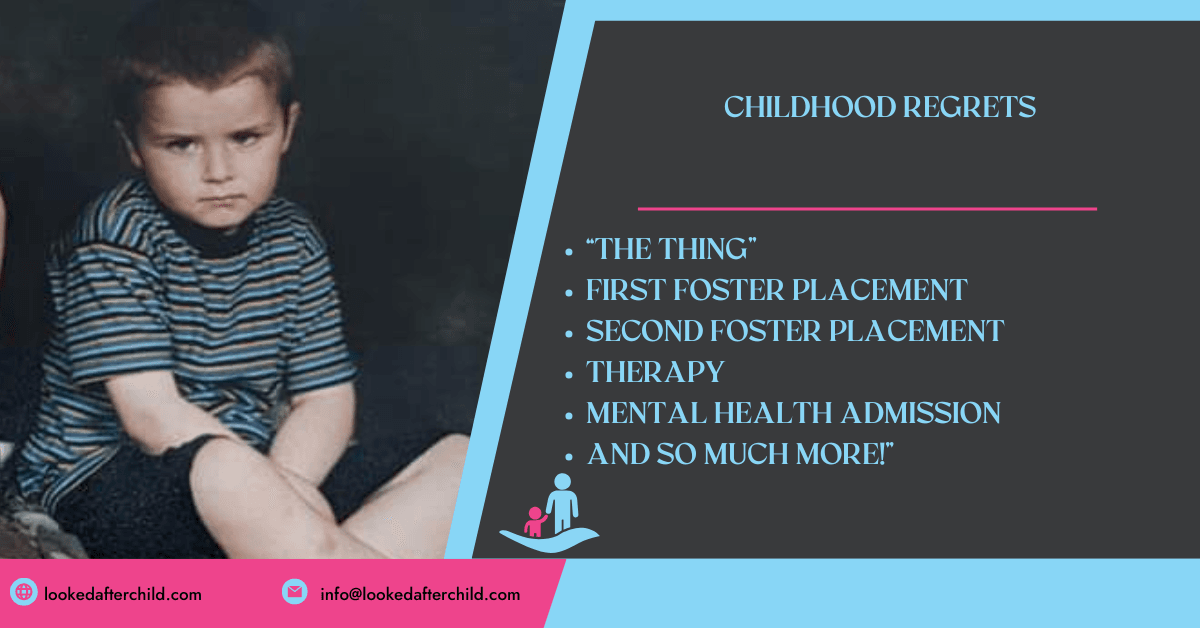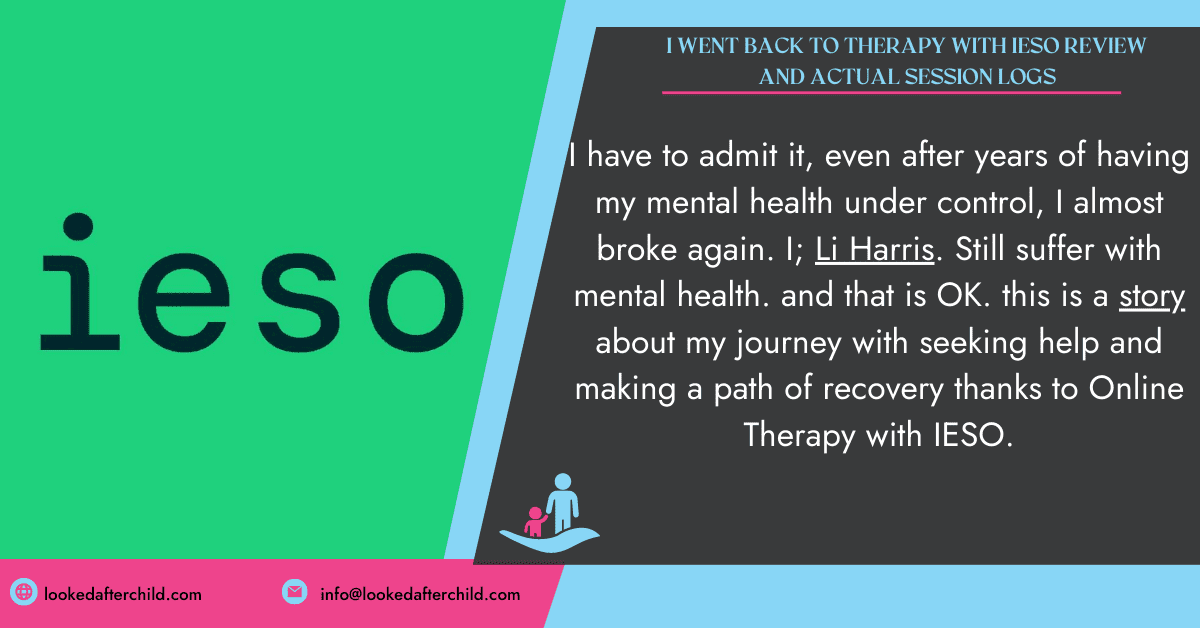Table Of Contents
- 1 Introduction: What are Looked After Children?
- 2 The Stigma Surrounding Looked After Children
- 3 The Importance of Understanding the Realities of Looked After Children
- 4 The Impact of Being Looked After on Children’s Mental Health
- 5 The Educational Challenges Faced by Looked After Children
- 6 The Importance of Stable Placements for Looked After Children
- 7 The Role of Foster Careers in Supporting Looked After Children
- 8 The Need for Better Support for Looked After Children Leaving Care
- 9 The Positive Outcomes of Supporting Looked After Children
- 10 Conclusion: Breaking Down Stigmas and Supporting Looked After Children
Introduction: What are Looked After Children?
Looked After Children, also known as children in care, are individuals who are placed under the care and supervision of the local authority. This can occur for a variety of reasons, including neglect, abuse, or the inability of parents or guardians to provide adequate care. Looked After Children may be placed in a range of care arrangements, including foster care, residential care, or adoption.
There are different types of care arrangements for Looked After Children. Foster care involves placing a child with a foster family who provides a safe and nurturing environment. Residential care involves placing a child in a residential home with trained staff who provide round-the-clock care. Adoption involves permanently placing a child with an adoptive family, who become their legal parents.
The Stigma Surrounding Looked After Children
Looked After Children often face stigma and negative stereotypes due to their circumstances. Common misconceptions include the belief that children in care are “troubled” or “problematic.” This stigma can have a detrimental impact on their self-esteem and sense of belonging. Looked After Children may feel isolated and misunderstood, leading to feelings of shame and low self-worth.
Negative stereotypes can also affect the way Looked After Children are treated by others, including peers and professionals. They may be unfairly judged or discriminated against based on their care status. This can further exacerbate feelings of isolation and hinder their ability to form positive relationships and integrate into society.
The Importance of Understanding the Realities of Looked After Children
Raising awareness and breaking down stigmas surrounding Looked After Children is crucial for their well-being and development. By understanding the realities of their experiences, society can provide the necessary support and resources to help them thrive.
Raising awareness can help challenge negative stereotypes and promote empathy and understanding. It can also encourage individuals to become advocates for Looked After Children, ensuring that their rights and needs are met. By breaking down stigmas, Looked After Children can feel more accepted and supported, leading to improved mental health and well-being.
Providing support and resources for Looked After Children is essential for their overall development. This includes access to mental health services, educational support, and stable placements. By investing in their well-being, society can help break the cycle of disadvantage and provide Looked After Children with the opportunities they deserve.
The Impact of Being Looked After on Children’s Mental Health
Looked After Children are more likely to experience mental health issues compared to their peers. The trauma and disruption they may have experienced prior to entering care can have long-lasting effects on their mental well-being. Additionally, the instability and uncertainty of their care arrangements can further exacerbate these issues.
Early intervention and access to mental health services are crucial for Looked After Children. By identifying and addressing mental health issues early on, appropriate support can be provided to help them cope and recover. This may include therapy, counselling, or other interventions tailored to their specific needs.
The Educational Challenges Faced by Looked After Children
Looked After Children often face significant educational challenges. They are more likely to have lower academic achievement and higher rates of exclusion compared to their peers. The disruptions in their lives, including changes in schools and lack of stability, can hinder their educational progress.
Tailored support and access to educational resources are essential for Looked After Children to succeed academically. This may include additional tutoring, mentoring, or specialized educational programs. By providing the necessary support, Looked After Children can overcome the barriers they face and achieve their full potential.
The Importance of Stable Placements for Looked After Children
The stability of placements is crucial for the well-being and development of Looked After Children. Multiple placements can have a detrimental impact on their emotional and psychological well-being. It can disrupt their sense of belonging and hinder their ability to form secure attachments.
Consistent and supportive care arrangements are essential for Looked After Children to thrive. This includes providing them with a safe and nurturing environment, where they can develop trusting relationships with their caregivers. Stable placements can provide the stability and security they need to heal from past traumas and build a positive future.
The Role of Foster Careers in Supporting Looked After Children
Foster careers play a vital role in supporting Looked After Children. They provide a safe and nurturing environment, where children can feel loved and cared for. Foster carers offer stability and support, helping Looked After Children develop resilience and overcome the challenges they face.
It is important for foster careers to receive training and support to effectively meet the needs of Looked After Children. This may include training on trauma-informed care, attachment theory, and understanding the impact of neglect and abuse. By equipping foster careers with the necessary skills and knowledge, they can provide the best possible care for Looked After Children.
The Need for Better Support for Looked After Children Leaving Care
Transitioning from care to adulthood can be a challenging time for Looked After Children. Care leavers often face significant barriers in areas such as education, employment, housing, and mental health. Without adequate support and guidance, they may struggle to navigate these challenges and become vulnerable to further disadvantage.
Ongoing support and guidance are crucial for care leavers as they transition to adulthood. This may include assistance with finding suitable accommodation, accessing education or employment opportunities, and receiving emotional support. By providing the necessary support, care leavers can have a smoother transition into adulthood and increase their chances of success.
The Positive Outcomes of Supporting Looked After Children
Supporting Looked After Children can have positive outcomes for both individuals and society as a whole. By investing in their well-being and development, we can see improved mental health and well-being. Looked After Children who receive the necessary support are more likely to overcome adversity and develop resilience.
Higher academic achievement and employment rates are also positive outcomes of supporting Looked After Children. By providing them with the necessary educational support and resources, they can achieve their full potential and contribute to society in a meaningful way.
Supporting Looked After Children also has a positive impact on society as a whole. By breaking down stigmas and providing the necessary support, we can create a more inclusive and compassionate society. Looked After Children who receive the support they need are more likely to become productive and engaged citizens, contributing to the social and economic fabric of their communities.
Conclusion: Breaking Down Stigmas and Supporting Looked After Children
Understanding the realities of Looked After Children is crucial for breaking down stigmas and providing the necessary support and resources. By challenging negative stereotypes and promoting empathy and understanding, we can create a more inclusive society where Looked After Children feel accepted and supported.
Investing in the well-being and development of Looked After Children has numerous positive outcomes. By providing access to mental health services, tailored educational support, stable placements, and ongoing support for care leavers, we can help them overcome adversity and achieve their full potential.
Supporting Looked After Children not only benefits individuals but also has a positive impact on society as a whole. By investing in their well-being, we can create a more compassionate and inclusive society where all children have the opportunity to thrive.








0 Comments